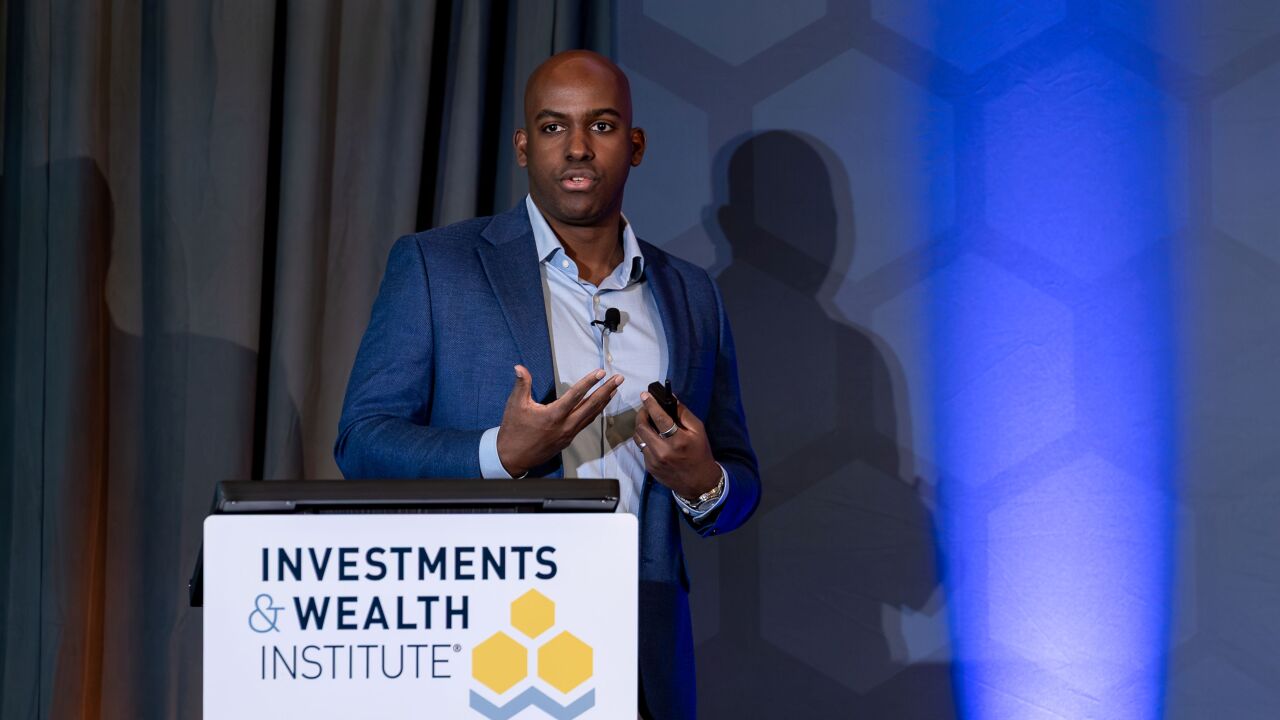The super rich are getting some super treatment from brokerage firms, perhaps at the expense of the plain old wealthy, according to The Wall Street Journal.
Some credit a strong market and skyrocketing real estate for creating a much larger group of super-wealthy. Not only do such clients have special needs, but they typically pay hefty fees for banking services.
At UBS, accounts with $10 million or more have nearly doubled from about $48 billion worth in 2003 to $90 billion today. In response, UBS plans to open a New York office with 100 advisers dedicated to clients with $10 million or more to invest.
Merrill has created six private banking hubs recently, and has trained 300 of its 15,000 advisers to work in these and other offices, dealing with clients with $10 million or more. In 2005 alone, Merrill's assets under management in the $10 million-plus class rose 11%.
At
In 2005,
"The large firms are recognizing they need a boutique brand with boutique service and are offering to service this very elite group," said Milton Pedraza, chief executive of the
However, some say that the focus on servicing the really rich comes at a cost to smaller investors. For example, at Merrill Lynch and
And it's possible that those call center representatives are not well equipped to serve all investors. That turned out to be the case at a number of Merrill Lynch call centers when the
The staff of Money Management Executive ("MME") has prepared these capsule summaries based on reports published by the news sources to which they are attributed. Those news sources are not associated with MME, and have not prepared, sponsored, endorsed, or approved these summaries.





